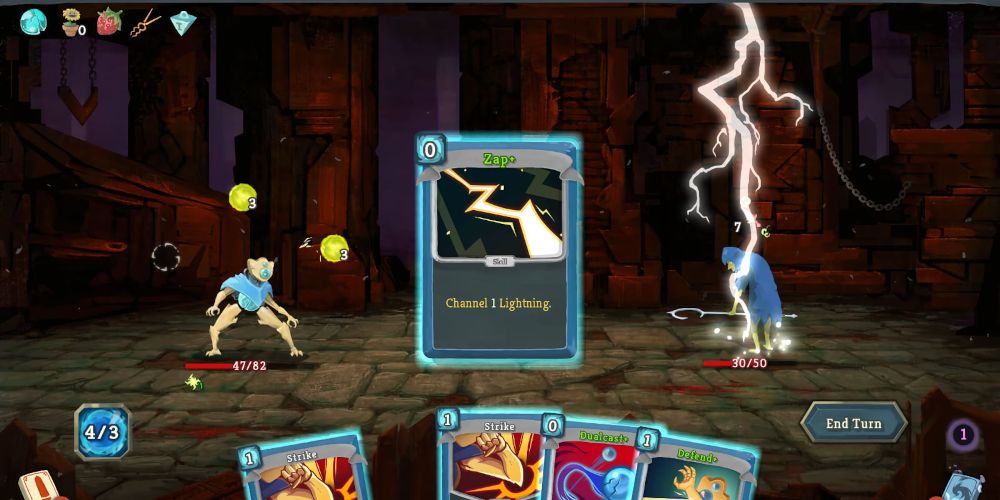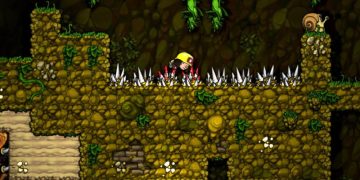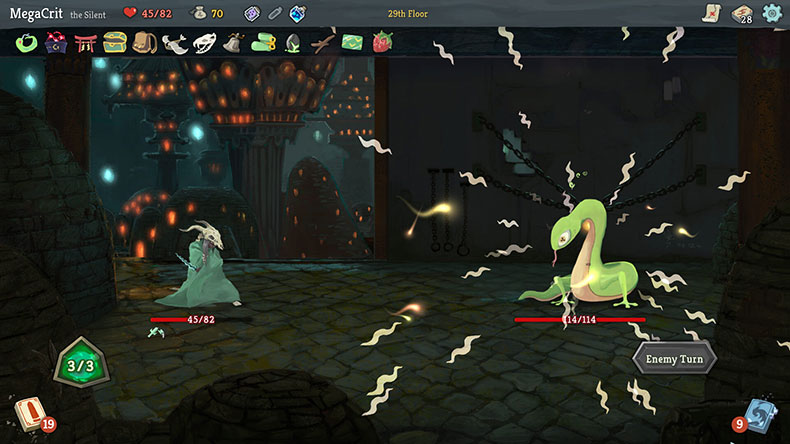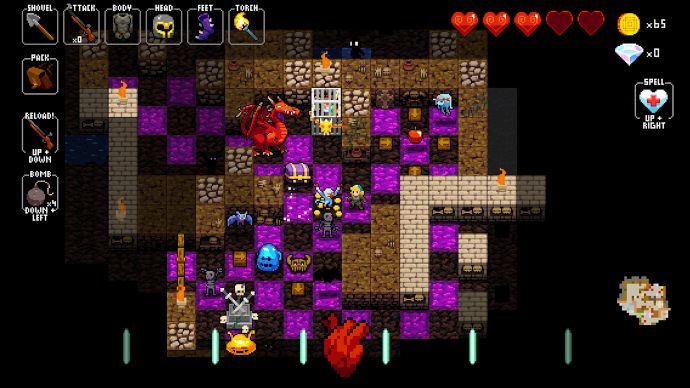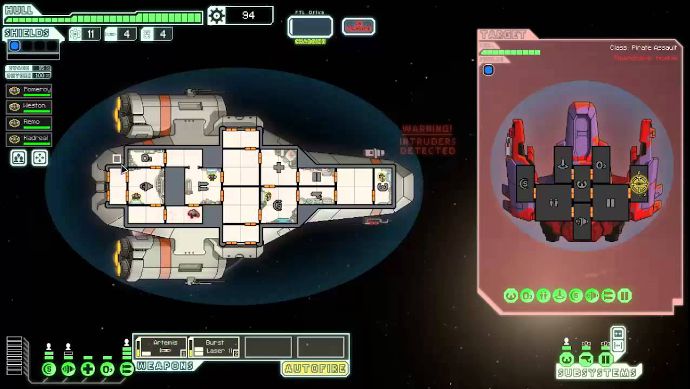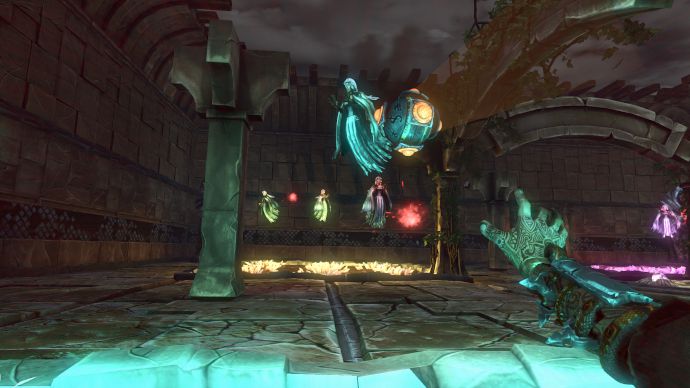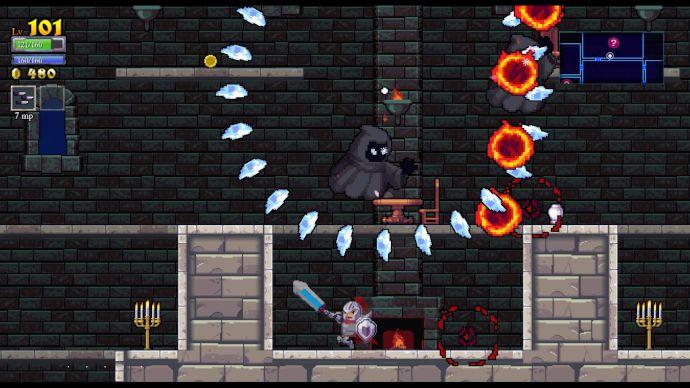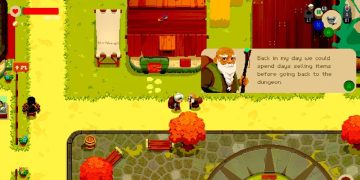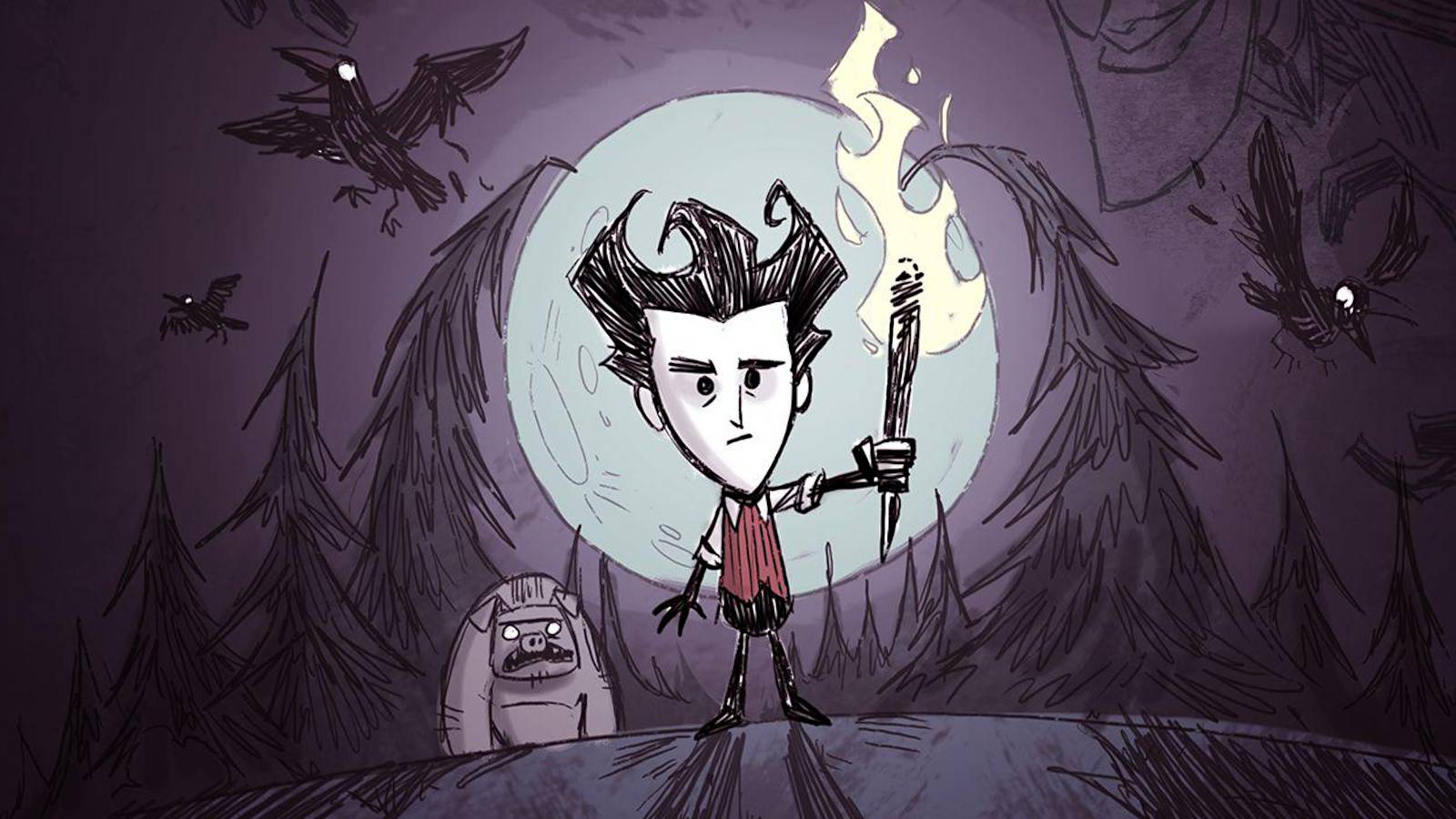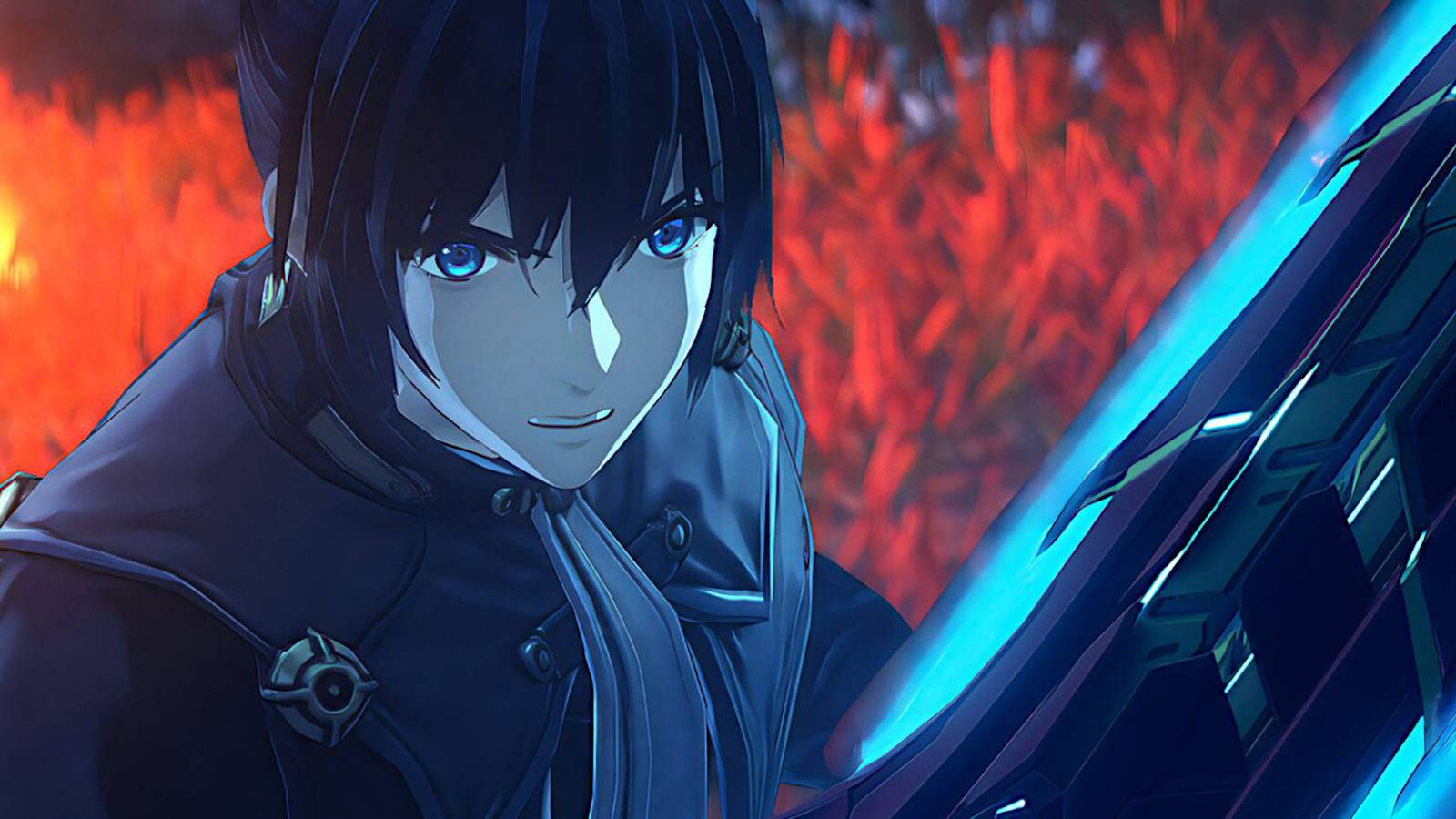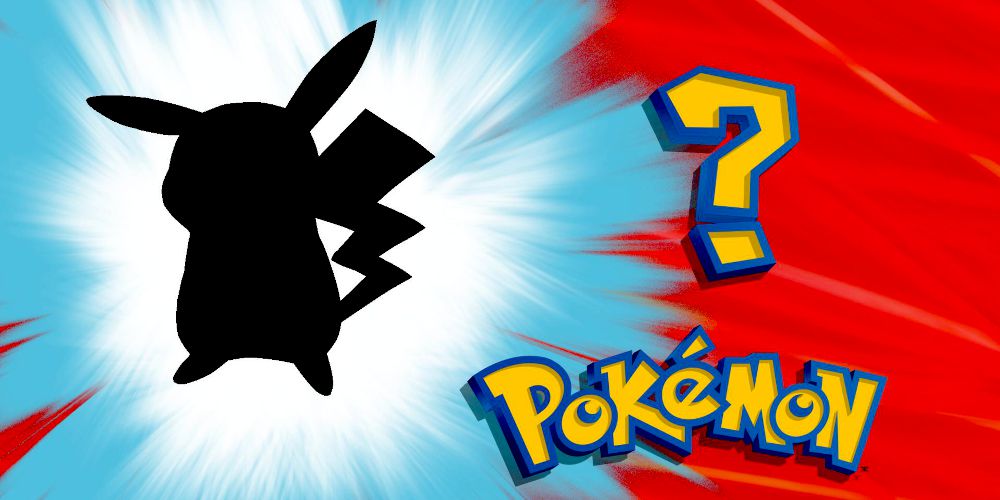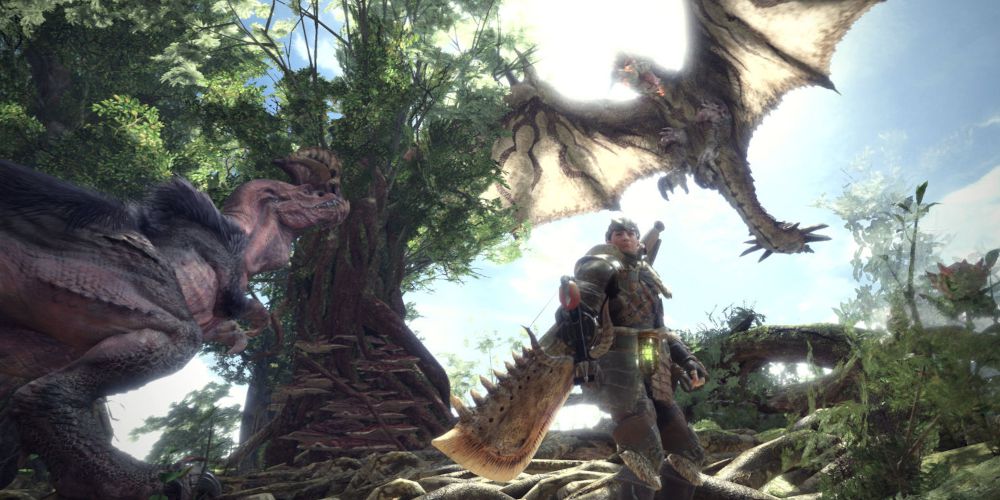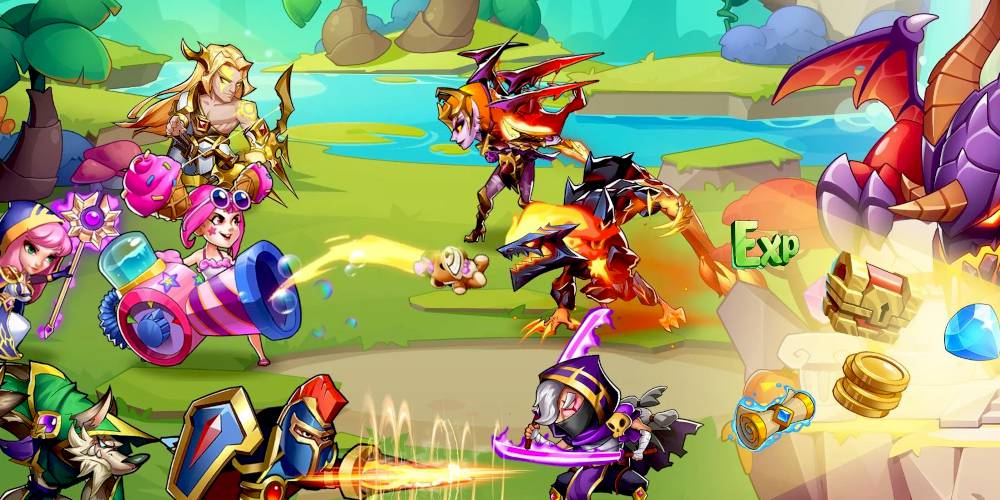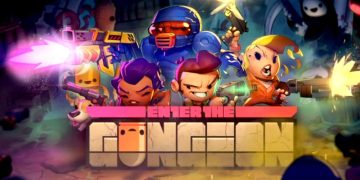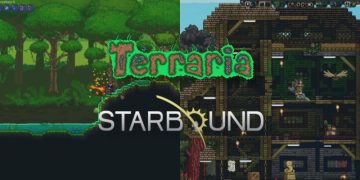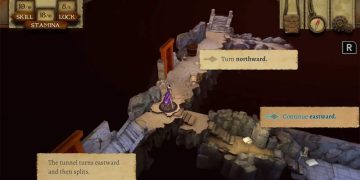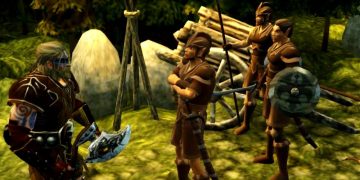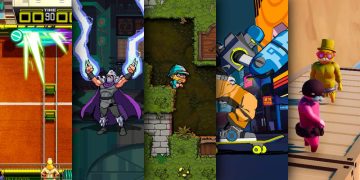1. Slay the Spire
Slay the Spiretakes two types of games you wouldn’t expect to see together—roguelikes and deckbuilding card games—and mashes them together.
The end result is every bit as addictive as it sounds, and it’s one of the best takes on roguelikes to date.
You start off choosing your class, which dictates the cards you’ll get. As you defeat enemies and gather treasure, you’re able to add and remove cards from your deck, making it even more powerful along the way.
The routes you choose from are procedurally generated, meaning it never plays the same way twice.
2. Crypt of the Necrodancer
If you were to only see a still screenshot ofCrypt of the Necrodancer, you might think it’s a standard roguelike, albeit a colorful one. When you see it in motion, that’s when you see what the game truly is: a roguelike that plays like a rhythm game.
Both you and the enemies need to move on the beat, while you take damage if you stop moving or mistime your steps. This adds an extra layer of tension to the game, already a constant element in nearly any roguelike.
3. FTL: Faster Than Light
FTL: Faster Than Lighttakes roguelikes somewhere they very rarely go: into space. The game puts you in control of a spaceship on the run from a rebel fleet and beset by space pirates and other threats.
FTLalso takes a much more strategic approach to the genre. Anything that can go wrong will go wrong, and this game will have you dealing with putting out fires, fighting off boarding parties, and fighting in ship-to-ship combat.
4. Ziggurat
Though a few games have done this,Zigguratand its sequel may be some of the best at marrying the elements of roguelikes and first-person shooters.
As you play through the game, you unlock other types of weapons and power-ups to make you stronger on later runs.
Perhaps the reason I’m partial to it is thatZiggurat’sdesigners have said it’s based onHeretic(and its sequelHexen), two games I’m a big fan of.
5. Rogue Legacy
One of the defining differences in rogue-litesis progression that stays with you between runs. This means that you start every new run as more powerful than you were when you first started playing.
Rogue Legacytakes this element and gives it a twist, with each run having you playing as a descendant of the character who died on the previous run.
This isn’t the only way the game differs, of course. LikeDead Cellsdid later,Rogue Legacyplays as a side-scroller with more action-based combat and platforming challenges, making an already tough genre even more difficult.
More Indie Games Worth Playing
The above games are perfect examples of why indie games are often more interesting than AAA games: indie game developers like to experiment with unique gameplay mechanics that would otherwise never see light in a video game.
Read next:The best lightweight indie games for PC



![]()
